Since long ago, we have focused on care practices mainly through our Never Never School. We were searching for methods how to consider several local neighbourhoods, and how to understand neighbors.
In 2019 we dealt with“brownfields” next to the river Hornád in Košice. In formal architecture and planning practice these brownfields play the role of “tabula rasa” and not of the full and lively neighborhoods, with co-habitating human and non-human actors.The municipality regularly appeals to developers to change it by organizing architectural competitions. In our research, however, we recognized its inhabitants who are also homeless people, people in official charity shelters, people living in vernacular buildings, gardens, forest shelters.
The project explored the neighborhood of a specific brownfield in Košice, Slovakia, through sensitive mapping. By visualizing the human and more-than-human perspectives of this site, it shows an alternative spatial practice to the formal one. With this project we aim at changing the formal planning practice and making it more sensitive and caring. We understand care as a prism that might enhance better planning and thus the future for all – be it locals, refugees or even more-than-humans.
In 2021 with covid in mind, we have prepared a smaller exchange of professionals, who deal with spaces and places. They exchanged their approaches and discussed what it means to care, what it means to rest, what it means to portray the future. Our practice from time before the war started adapting our theories on caring for cities in concrete situations with the refugees. By applying to Triennale and reminding ourselves of these ideas, we are proposing a rethought effort of practicing care for humans and non-humans as neighbors. This effort follows the manifesto of caring city that we have published on February 14, 2022. Be it personal hygiene in public spaces, insufficient space for rest, the language barrier that disables direct communication of needs. These are the practical obstacles that we need to overcome in neighborhood practices.
After the war started, nothing was the same. A neighborhood might not change physically, but as the world around it changes, we cannot look at it in the same way. We found that focusing on our artistic practice is futile for the moment.
Our research practice has been focused on care and headed directions towards the quality of life in cities for all. We have been underlining the importance of equality and participation in decision making. We have considered our principles very important in contemporary situations of war, environmental and social crisis, and even though the priorities are changing we need to address them, and continue with their communication applied to the new circumstances. We have decided our time and effort to organize premises for displaced people. Nothing seems like we are doing enough and sometimes feels like we are doing it for our own peace of mind. However, the optics of care seems highly necessary to provide when meeting our neighbors. The principles and research conducted so far are highly relevant.
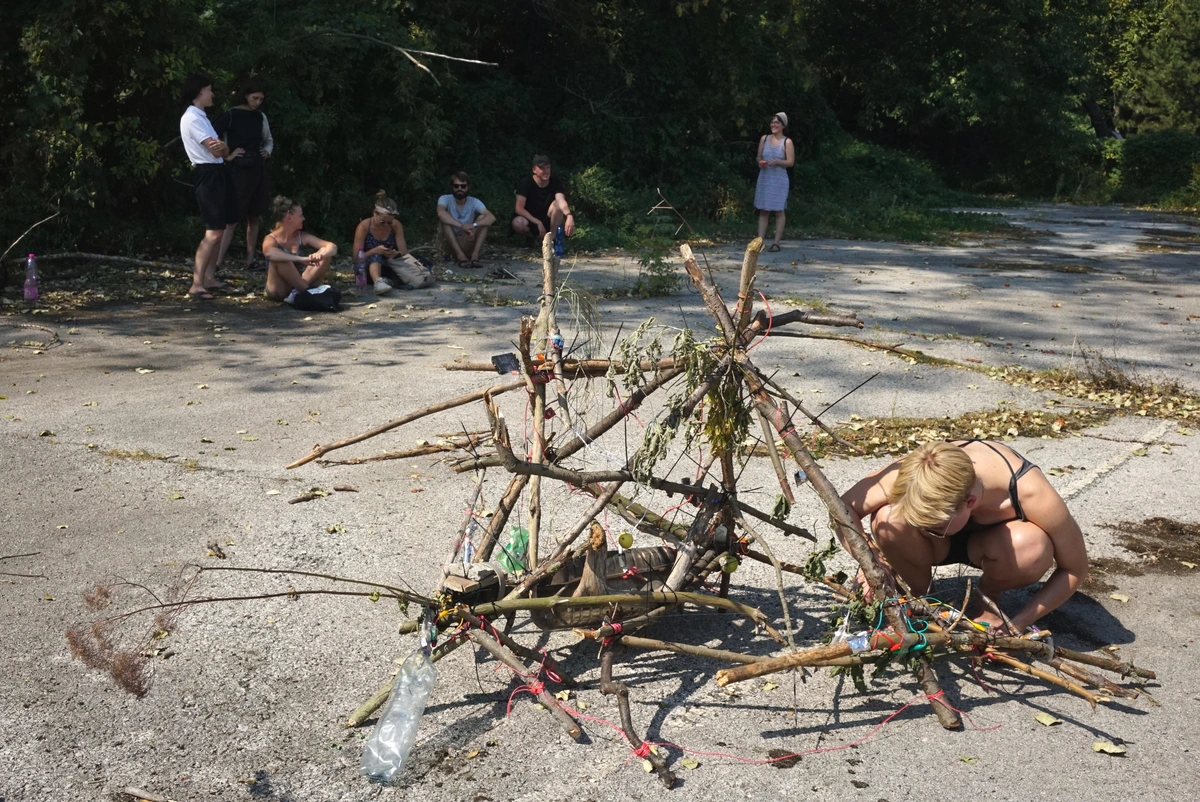
Relating to neighbourhood. Mapping methods. (c) Poppy Illsey
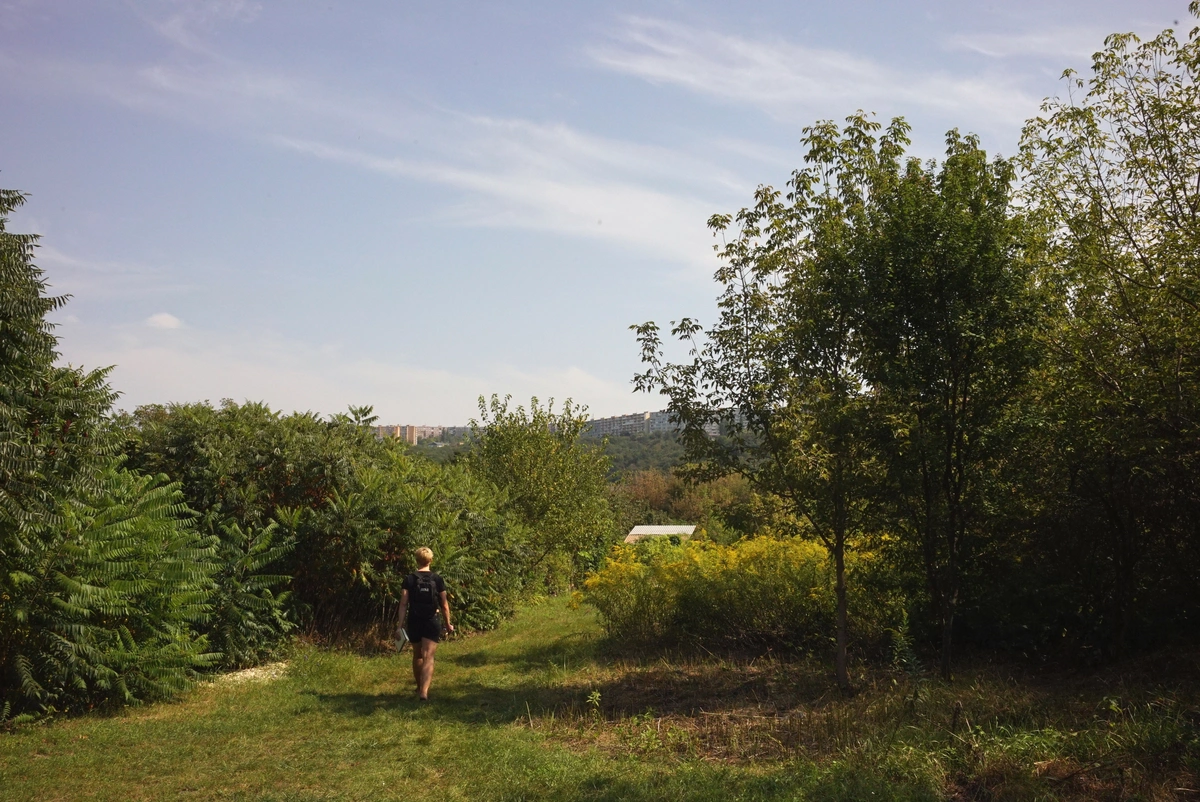
Relating to neighbourhood. Mapping methods. (c) Poppy Illsey
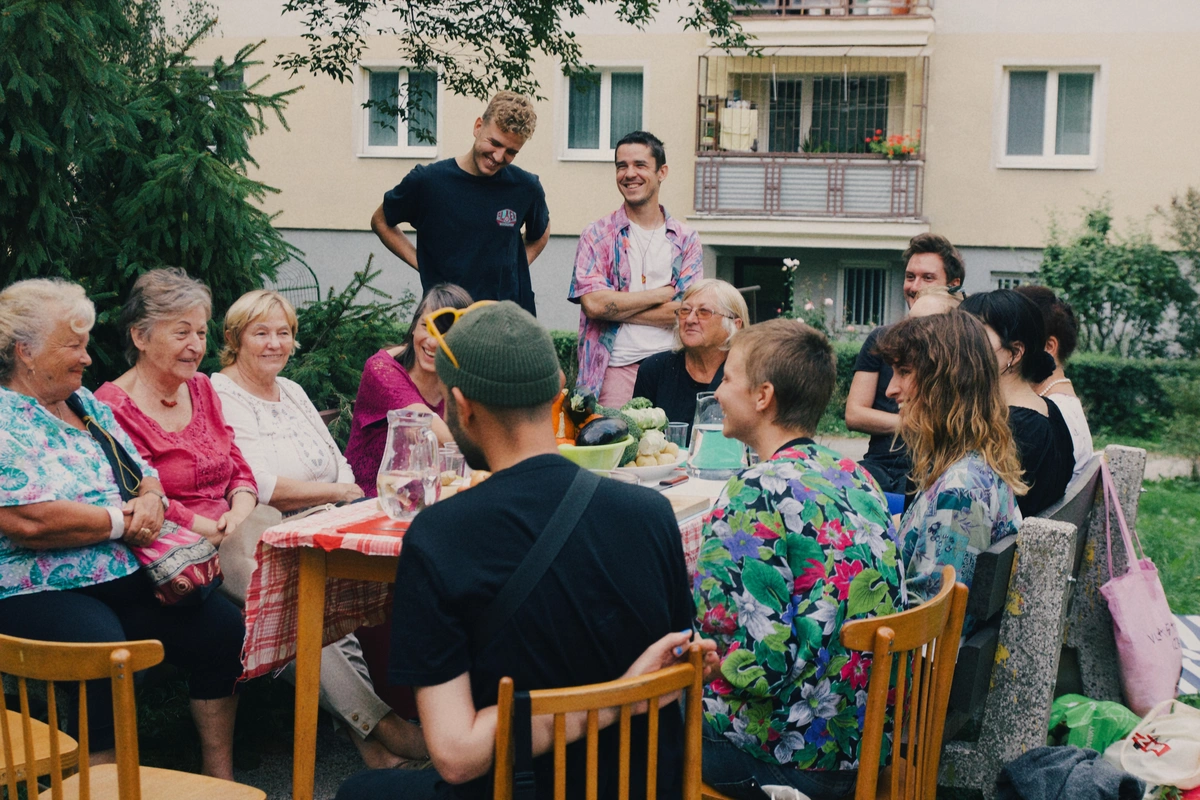
Relating to neighbourhood. Care. (c) Greta Čandová
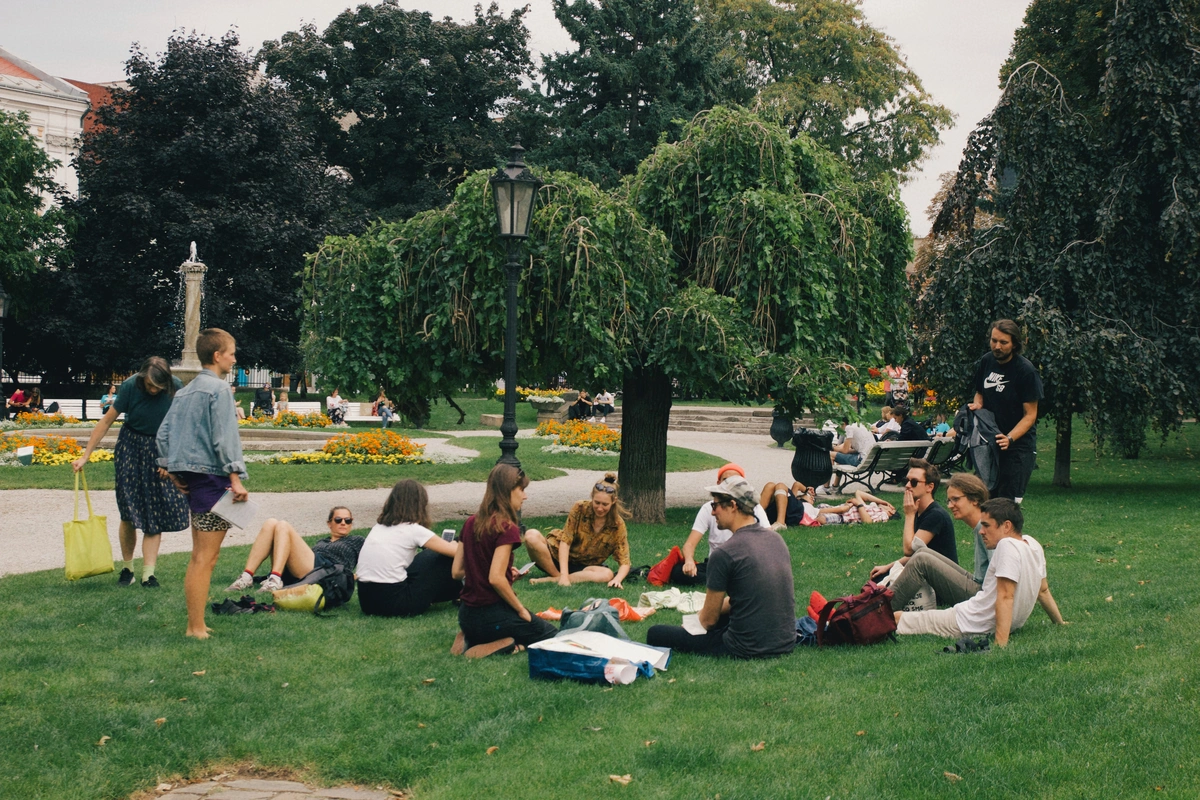
Relating to neighbourhood. Care. (c) Greta Čandová
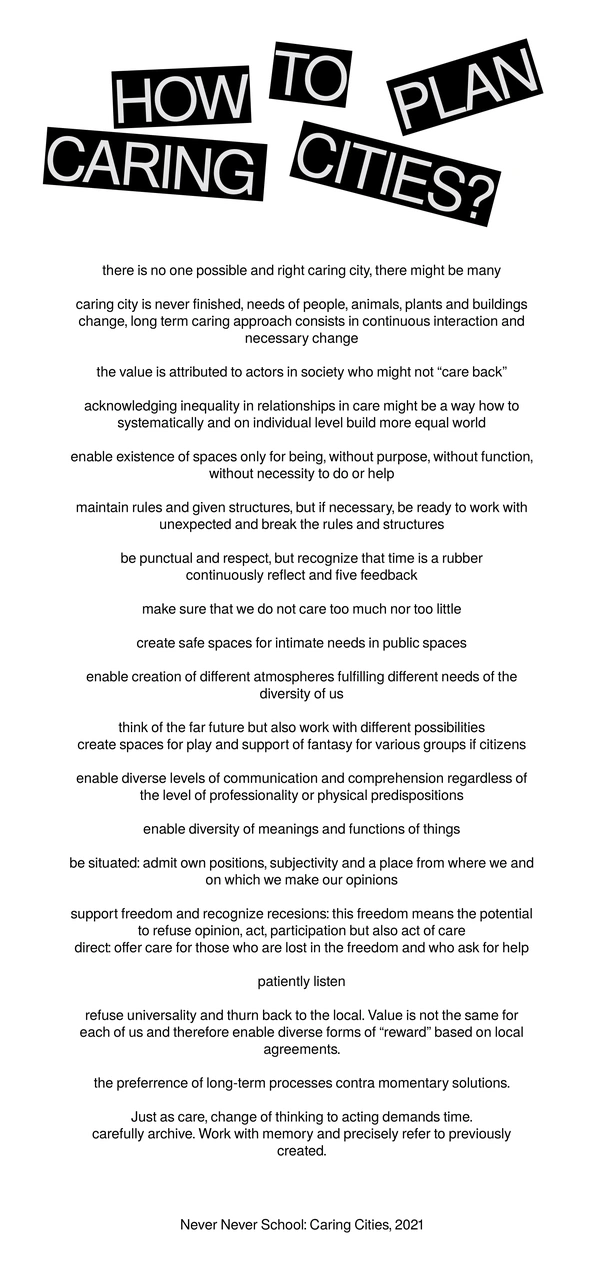
Care Manifesto. (c) Spolka
Spolka is NGO focused at forming sustainable cities for all. We involve the public in innovative urban development. We are a team of experts in the field of architecture and sociology. We work with education about the city by ways of discussion, our own research, artistic and architectural interventions and by education of stakeholders, organizations, city officials, common people or urban souls. We are based in Košice, Bratislava and Berlin.